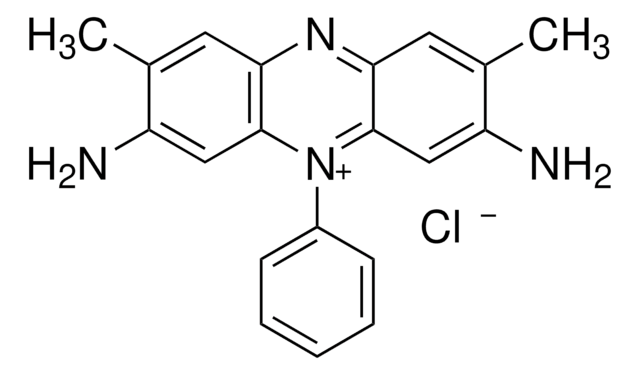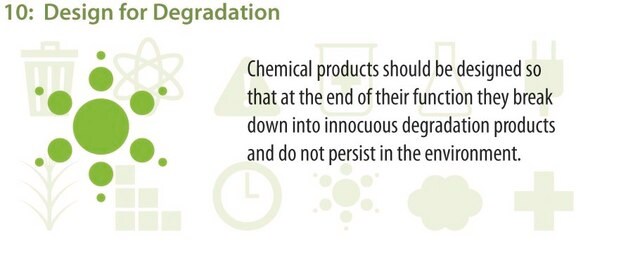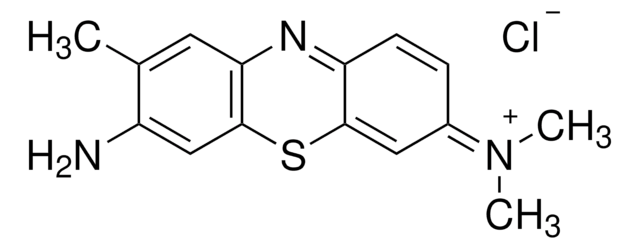S2255
Safranin O
Dye content ≥85 %, Powder
Synonym(s):
Basic Red 2, Cotton Red, Gossypimine, Safranin T, Safranin Y or A
About This Item
Recommended Products
product name
Safranin O, Dye content ≥85 %
form
powder
Quality Level
composition
Dye content, ≥85%
technique(s)
microbe id | staining: suitable
pH
10 (20 °C, 10 g/L)
solubility
water: 1 mg/mL, clear, dark red to very dark red and red purple
εmax
1250-1650 at 530-534 nm in 50% ethanol
application(s)
diagnostic assay manufacturing
hematology
histology
storage temp.
room temp
SMILES string
[Cl-].Cc1cc2nc3cc(C)c(N)cc3[n+](-c4ccccc4)c2cc1N
InChI
1S/C20H18N4.ClH/c1-12-8-17-19(10-15(12)21)24(14-6-4-3-5-7-14)20-11-16(22)13(2)9-18(20)23-17;/h3-11H,1-2H3,(H3,21,22);1H
InChI key
OARRHUQTFTUEOS-UHFFFAOYSA-N
Looking for similar products? Visit Product Comparison Guide
General description
Application
Signal Word
Danger
Hazard Statements
Precautionary Statements
Hazard Classifications
Eye Dam. 1
Storage Class Code
11 - Combustible Solids
WGK
WGK 3
Personal Protective Equipment
Choose from one of the most recent versions:
Already Own This Product?
Find documentation for the products that you have recently purchased in the Document Library.
Meniscus Repair
Our team of scientists has experience in all areas of research including Life Science, Material Science, Chemical Synthesis, Chromatography, Analytical and many others.
Contact Technical Service





